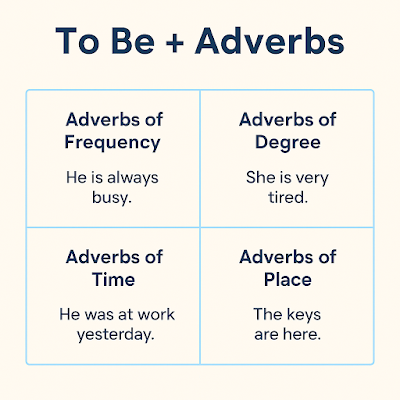🔗 Linking Words by Function
Using the right linking words in IELTS Writing Task 2 helps you organize ideas and show relationships between them. Below are 30 essential linkers, grouped by purpose, with examples.
✎ CONTRAST (Showing opposite ideas)
However – Many people enjoy fast food. However, it can lead to health problems.
On the other hand – Some believe exams motivate students. On the other hand, others think they cause stress.
Although – Although he studied hard, he failed the test.
Whereas – Cats are independent, whereas dogs need constant attention.
Nevertheless – The task was difficult. Nevertheless, she completed it on time.
✎ EXAMPLE (Introducing evidence or support)
For example – Many countries face pollution problems. For example, Delhi often has dangerous air quality.
For instance – Some students need extra support. For instance, those with learning difficulties.
Such as – Junk food such as chips and soda is popular among teens.
To illustrate – To illustrate, internet access has allowed students to learn from home.
Namely – Two cities, namely Paris and Rome, have introduced bike-sharing schemes.
✎ ADDITION / ILLUSTRATION (Adding or explaining ideas)
Moreover – Smoking is harmful. Moreover, it affects those around the smoker.
Furthermore – The project is over budget. Furthermore, it is behind schedule.
In addition – Students need strong writing skills. In addition, they must learn to research well.
Also – She works and also studies at university.
Not only... but also – Not only is he intelligent, but also very hardworking.
✎ SEQUENCE / ORDER (Organizing points)
Firstly – Firstly, governments must invest in education.
Secondly – Secondly, health care should be accessible to all.
Next – Next, the data must be analyzed.
Then – The researchers collected results. Then, they wrote the report.
Finally – Finally, the proposal was approved by the board.
✎ REASON / CAUSE (Explaining why)
Because – He failed because he didn’t study.
Since – Since there was no evidence, the claim was dismissed.
As – As it was raining, the match was cancelled.
Due to – The delay was due to heavy traffic.
Owing to – The school closed owing to the storm.
✎ RESULT / EFFECT (Showing consequences)
Therefore – The plan failed. Therefore, we need a new one.
As a result – The company lost money. As a result, several employees were laid off.
So – He didn’t set an alarm, so he overslept.
Thus – It was poorly planned. Thus, it didn’t succeed.
✎ CONCLUSION (Summing up or ending an idea)
In conclusion – In conclusion, the benefits of regular exercise outweigh the drawbacks.
📒 Linking Word Revision Test (30 Questions)
Instructions: Fill in the blank with the most appropriate linking word.
She was tired. ______, she kept working.
______, more funding is required to improve schools.
He enjoys extreme sports ______ skydiving and rock climbing.
I missed the bus, ______ I arrived late.
______ the rain, the match was cancelled.
Some people prefer cities. ______, others enjoy rural life.
______, we should review the data.
The project is expensive. ______, it is necessary.
The meeting was postponed ______ the manager was sick.
The room was cold. ______, we turned on the heater.
______ studying hard, she failed the exam.
I passed the test. ______, I celebrated.
He didn't answer the phone, ______ I sent a text.
The policy failed. ______, changes were made.
She is not only smart ______ also kind.
______, the results will be published.
It was expensive. ______, I bought it.
I studied all night ______ I wanted to pass.
______ the results are positive, more research is needed.
The product sold poorly. ______, it was withdrawn.
I ate too much. ______, I felt sick.
I couldn’t sleep ______ the noise.
The exam was hard. ______, I passed.
She paints. She ______ teaches art classes.
He missed the train ______ he overslept.
______, we can say that mobile phones have changed communication.
______, they sent the wrong order.
______, you mix the ingredients.
______, add the toppings and bake.
______ she has little experience, she got the job.
🚀 Answer Key
Nevertheless
In addition
Such as
So
Due to
On the other hand
Firstly
However
Because
Therefore
Although
As a result
So
Thus
But
Finally
Nevertheless
Because
Although
As a result
Therefore
Owing to
Nevertheless
Also
Because
In conclusion
For example
Firstly
Then
Although










